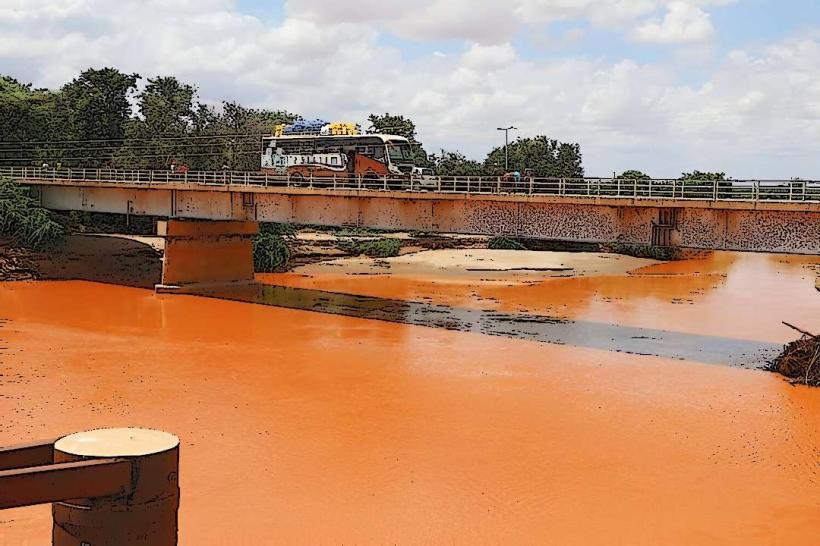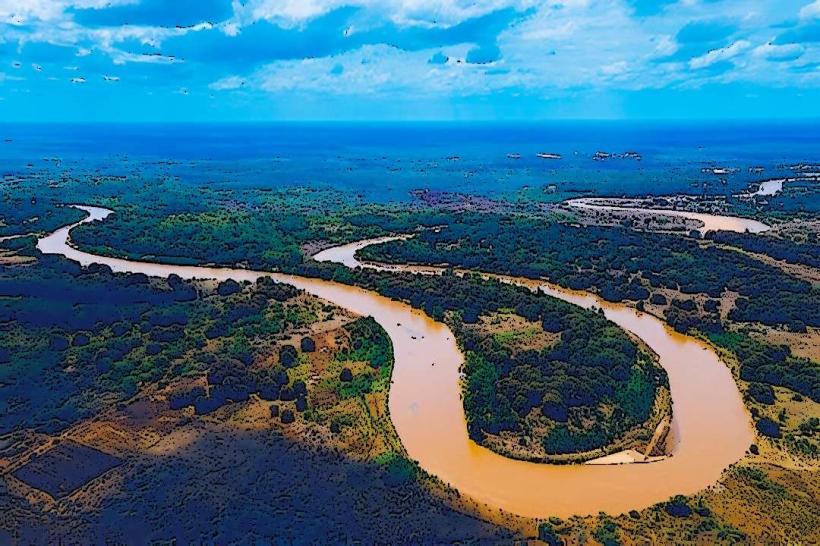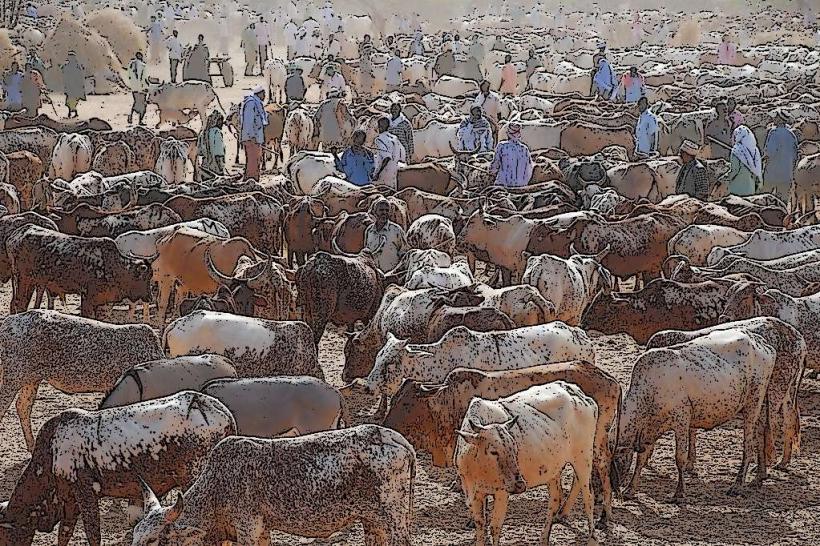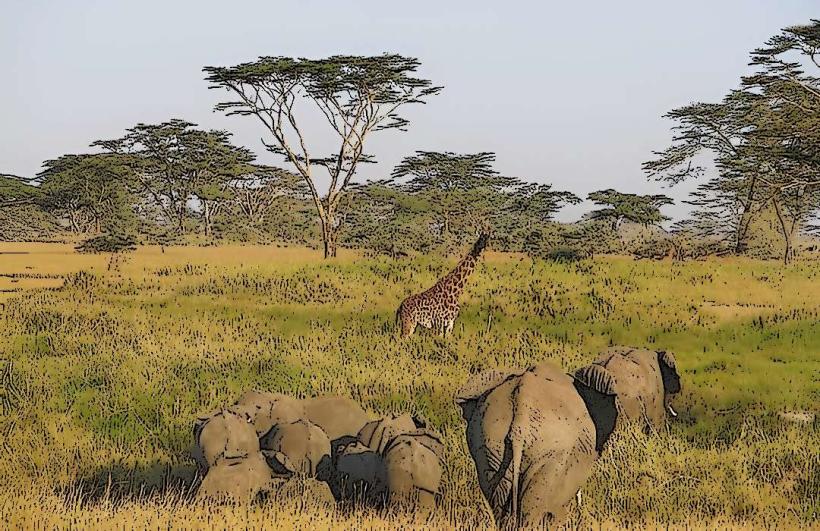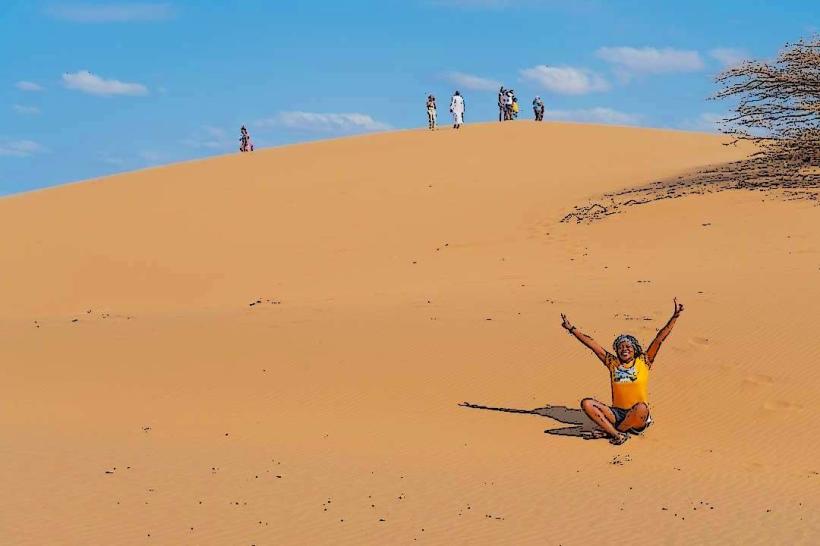Information
Landmark: Jamia Mosque GarissaCity: Garissa
Country: Kenya
Continent: Africa
Jamia Mosque Garissa, Garissa, Kenya, Africa
Jamia Mosque Garissa is the principal mosque in Garissa town, located in Garissa County in northeastern Kenya. It holds a central place in the religious, social, and cultural life of the town's predominantly Muslim population.
Location
Town: Garissa
County: Garissa County
Position: Centrally located within Garissa town, close to key markets, administrative offices, and residential areas.
The mosque is easily accessible and is often one of the most recognized landmarks for both locals and visitors.
Religious Role
Affiliation: Sunni Islam, which is the dominant branch of Islam in Garissa.
Primary Functions:
Conducting the five daily prayers (Salah)
Hosting the important Jumu'ah (Friday congregational prayers)
Organizing Taraweeh prayers during Ramadan
Holding Eid al-Fitr and Eid al-Adha prayer gatherings
Teaching and Education: The mosque is an important center for Islamic education. It offers madrasa classes for children and adults, focusing on Quranic memorization (hifdh), Islamic jurisprudence (fiqh), Arabic language, and Hadith studies.
Architecture
Jamia Mosque Garissa is built in a style that reflects the region’s Islamic traditions while adapting to the local environment:
Minaret: A prominent single minaret used for the call to prayer (adhan), which can be heard throughout the surrounding neighborhoods.
Prayer Halls: Large, simple, and airy to accommodate the town’s hot climate. Separate spaces are often designated for men and women.
Decor: Modest, with Quranic calligraphy on the walls, Islamic geometric patterns, and clean, open spaces for prayer.
Materials: Locally available construction materials combined with Islamic architectural elements to create a functional yet spiritual environment.
Community and Social Significance
Jamia Mosque is more than a place of prayer. It plays several key roles:
Community Hub: Acts as a meeting point for the Muslim community, where religious scholars (Sheikhs) and elders gather to discuss community matters.
Social Services: The mosque often organizes charity drives (such as distribution of food during Ramadan), zakat collections, and other welfare activities for the poor and needy.
Peace and Guidance: Offers religious advice and helps mediate in family and community disputes in line with Islamic teachings.
During major religious events like Ramadan and Eid, Jamia Mosque Garissa becomes a focal point of activity, hosting large gatherings that foster community unity and spiritual rejuvenation.
Security and Resilience
Given Garissa’s proximity to Somalia and its history of security challenges, mosques like Jamia Mosque have taken additional steps to ensure the safety of worshippers:
Coordination with local security agencies during major prayer times
Community awareness programs promoting peaceful teachings of Islam
Efforts to counter extremist ideologies by emphasizing authentic Islamic principles of peace and coexistence
Despite regional challenges, the mosque remains a strong symbol of resilience and faith for the people of Garissa.
Cultural Identity
Jamia Mosque Garissa embodies the Islamic cultural identity of Garissa town. It reflects:
The long-standing presence of Islam in the region, dating back centuries through trade, migration, and cultural exchange with the Swahili coast and Somali hinterland.
The strong values of hospitality, solidarity, and faith that characterize the people of northeastern Kenya.
The mosque also serves as a bridge between tradition and modernity, as it seeks to nurture Islamic values while engaging with contemporary social and educational needs.
Conclusion
Jamia Mosque Garissa is one of the spiritual heartbeats of Garissa town. It offers a space for prayer, learning, community service, and cultural preservation. Through its religious, social, and educational activities, the mosque continues to play a vital role in maintaining the spiritual life and social cohesion of Garissa’s Muslim population.

